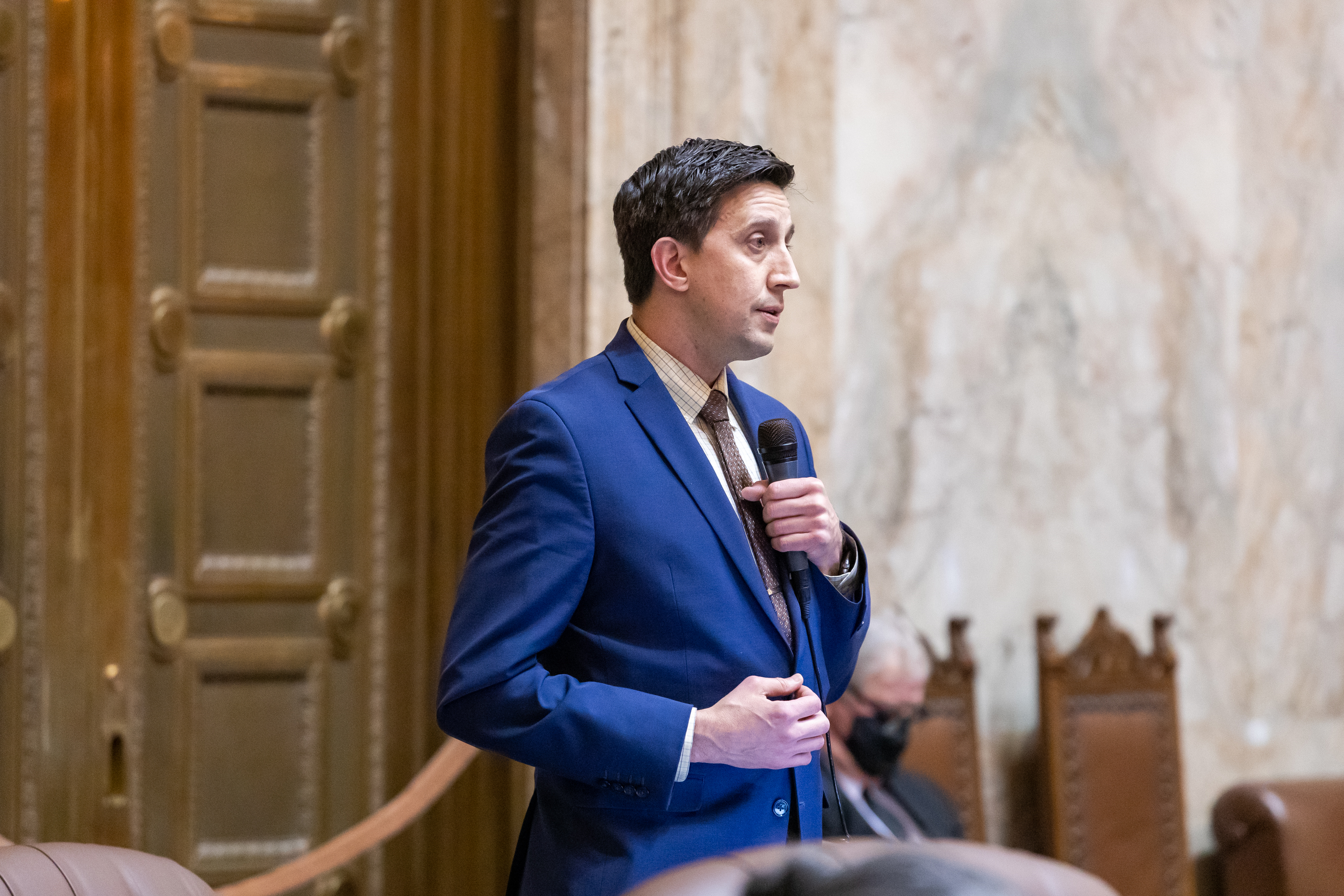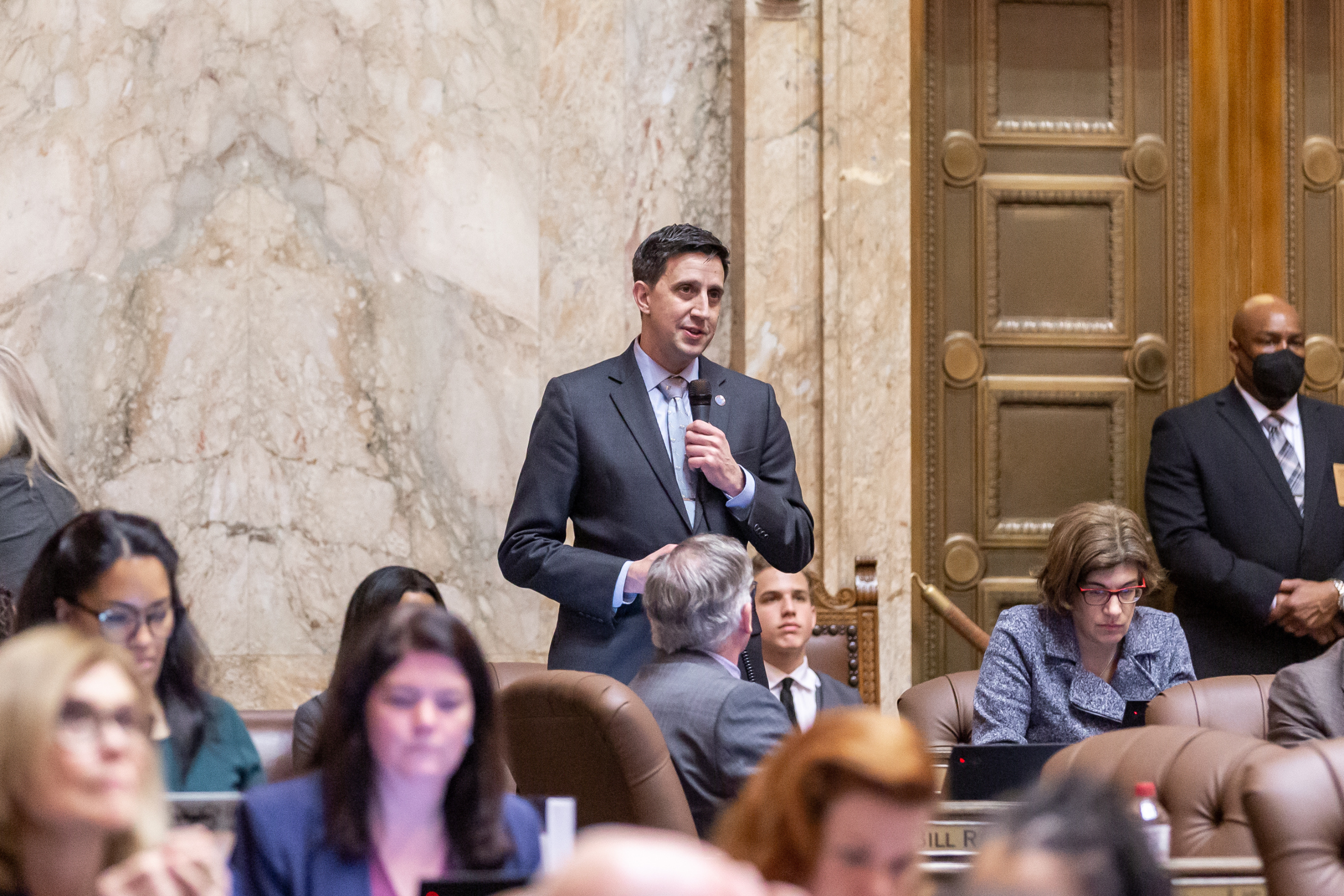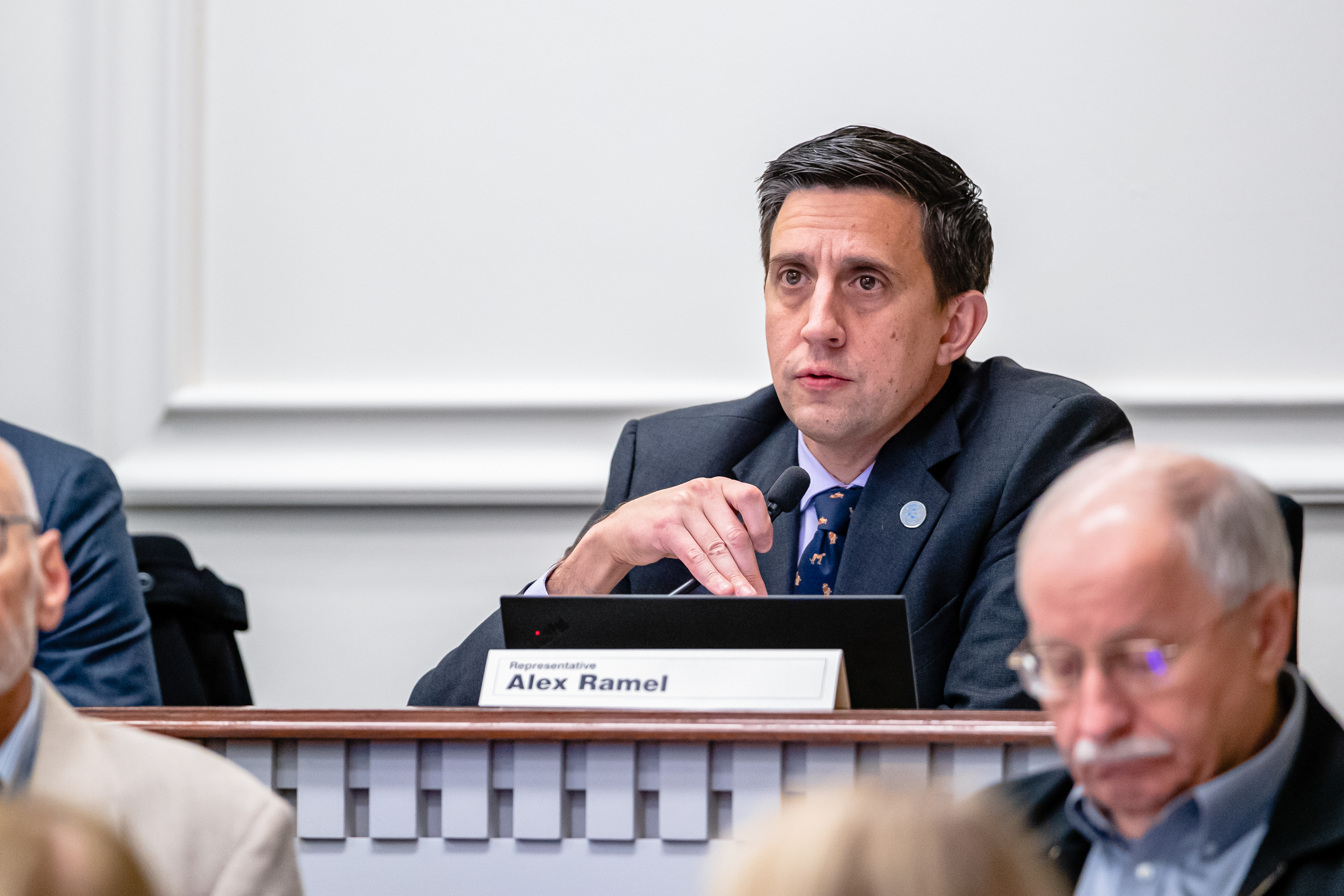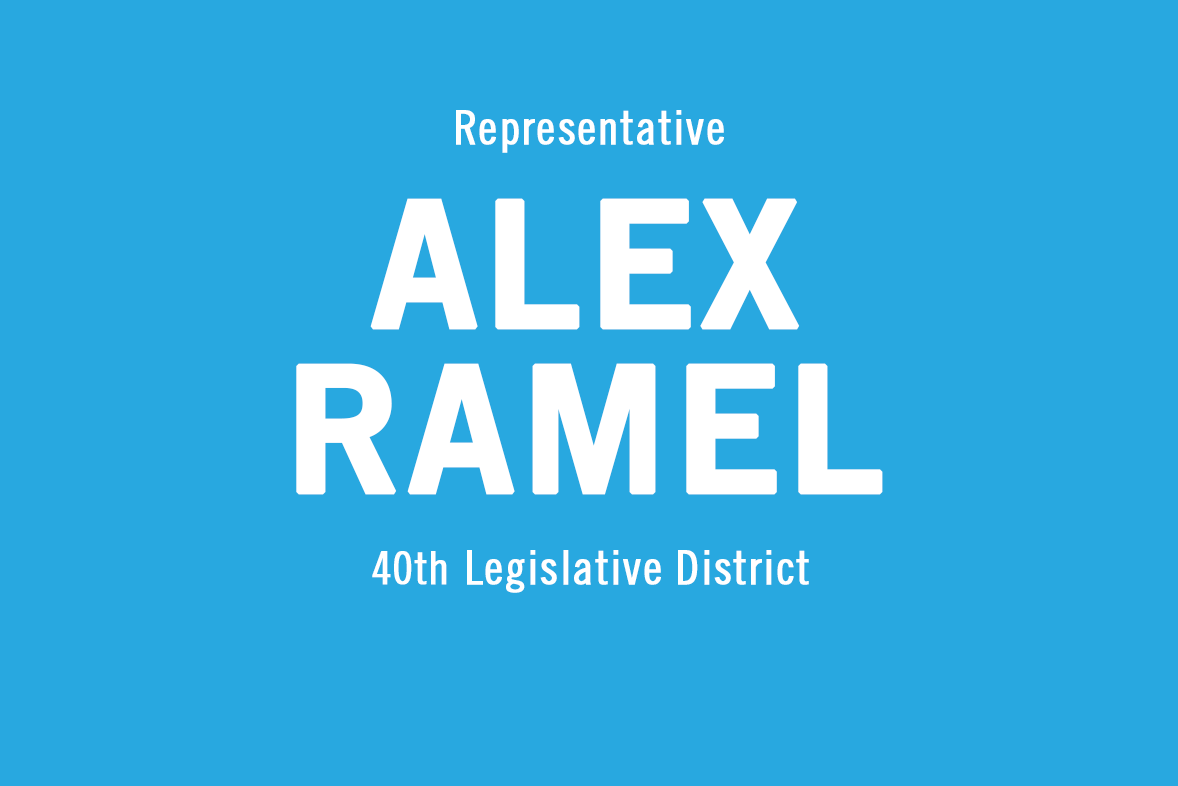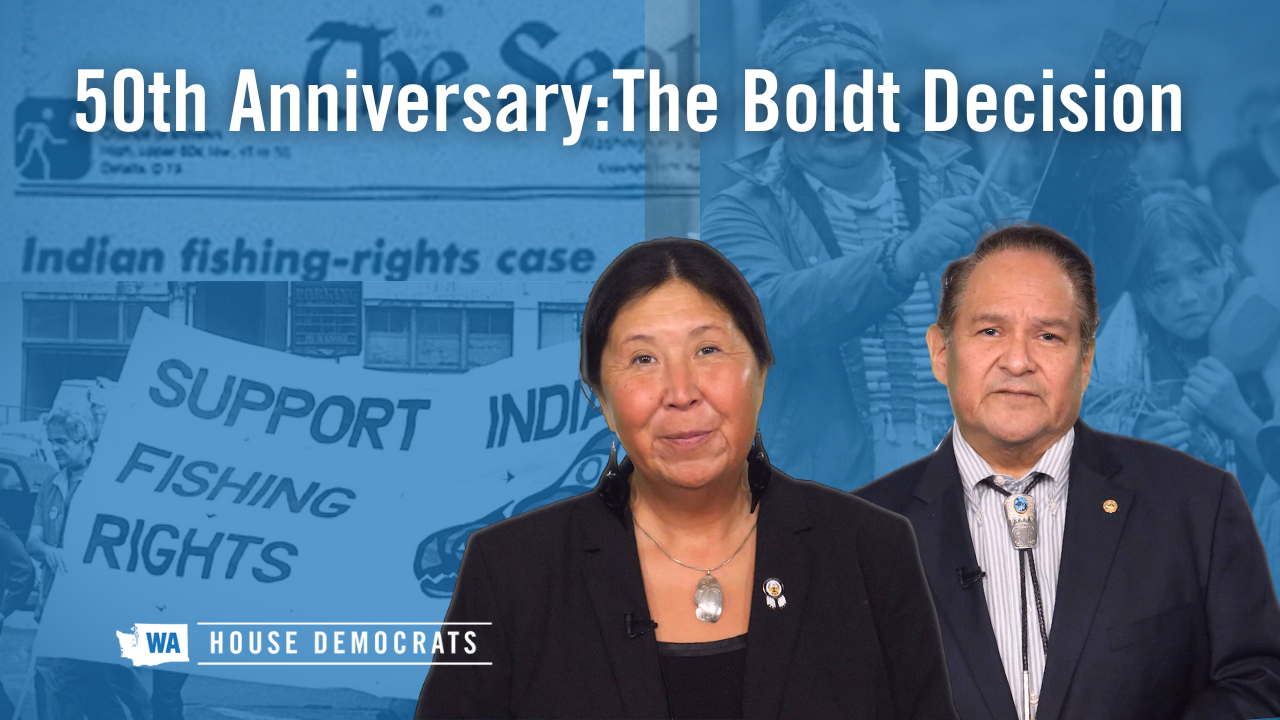Dear friends and neighbors,
As we close out week seven of the 2024 legislative session, there is a lot of exciting news to share. The House Appropriations, Capital Budget, and Transportation Committees revealed their proposed 2024 supplemental budgets. In this update, I’d like to dive into their plans and what they mean for our state.
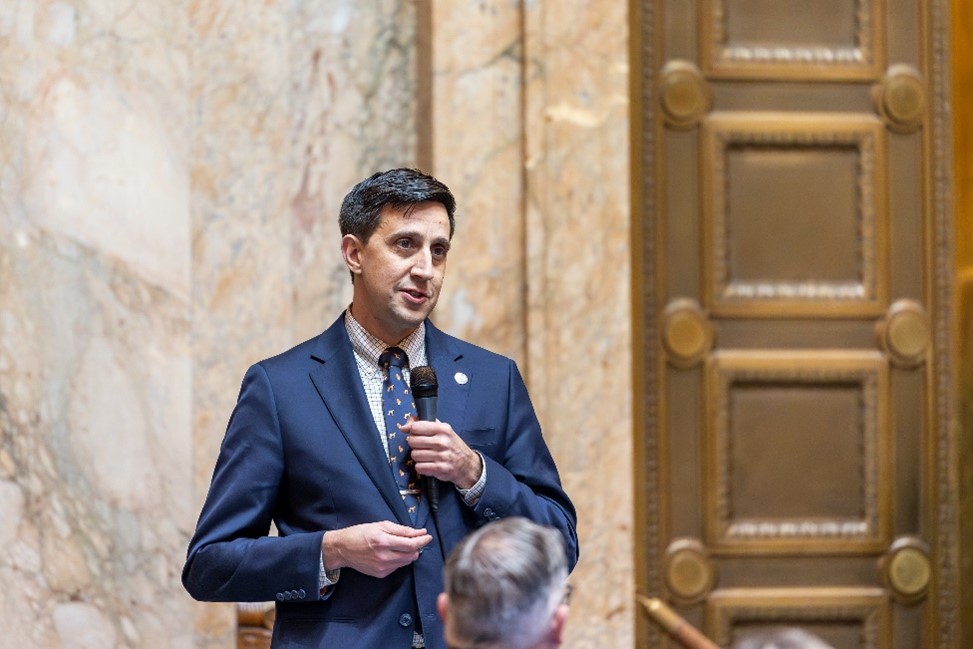
Capital Budget Proposal
This year’s $1.3 billion construction budget proposal addresses crucial issues facing our state. It allocates $160 million to combat homelessness and improve affordable housing options. Recognizing the importance of early education, $50 million will be used to establish new learning centers for young children. Mental health receives $150 million for behavioral health facilities, with $84 million being used for community capacity grants to ensure better access to treatment. Notable projects I’m seeking funding for in our community include:
- $4.5 million boosting the Skagit County Crisis Stabilization Center and address the critical need for behavioral health services.
- $360,000 for OPAL Community Land Trust to support an integrated campus with affordable housing, food bank, and resource center.
- $125,000 for the Port of Skagit granary expansion. This will strengthen the local food economy by diversifying storage and access to markets.
A major emphasis of the budget is its focus on inclusivity and collaboration. Partnerships with tribal facilities offering care beyond their communities showcases this commitment. Diversified funding streams, including the Climate Commitment Act (CCA), underline the budget’s concern for both people and the environment. Funds from the CCA support clean energy, building efficiency upgrades, and environmental initiatives like salmon recovery.
This budget acknowledges the interconnectedness of our state’s challenges. By investing in solutions for families, individuals seeking mental health resources, and the environment, we’re building a stronger, healthier Washington for all.
Operating Budget Proposal
Building on Washington’s successful economic recovery, the supplemental operating budget not only maintains but increases support for families across areas like education, childcare, affordable college, food assistance, and housing.
From students in classrooms to parents seeking childcare, and young adults pursuing higher education to families struggling with food insecurity or housing needs, this budget aims to make a positive impact. Below are some of the biggest priority investments that the House Democrats plan to make:
- $150 million to children, youth, and families.
- $270 million in behavioral health investments.
- $200 million for fentanyl and opioid response.
- $785 million for healthcare and public health.
- $260 million for K-12 education.
- $140 million for higher education and workforce development.
- $105 million for long term care and developmental disabilities.
- $250 million to provide housing and local homeless services.
- $210 million for human services and poverty reduction programs.
- $105 million for public safety, legal aid, and corrections.
Furthermore, the proposal goes beyond families to invest in our shared future. It emphasizes protecting clean air and water through the Climate Commitment Act, funds vital childcare programs using revenue from a capital gains tax on the wealthiest residents and ensures quality long-term care for our elders.
Transportation Budget Proposal
The proposed 2024 supplemental budget is focused on keeping the commitments we’ve made to addressing infrastructure woes, ferry needs, and rising traffic fatalities. We faced tough choices because of rising construction costs, and aging assets.
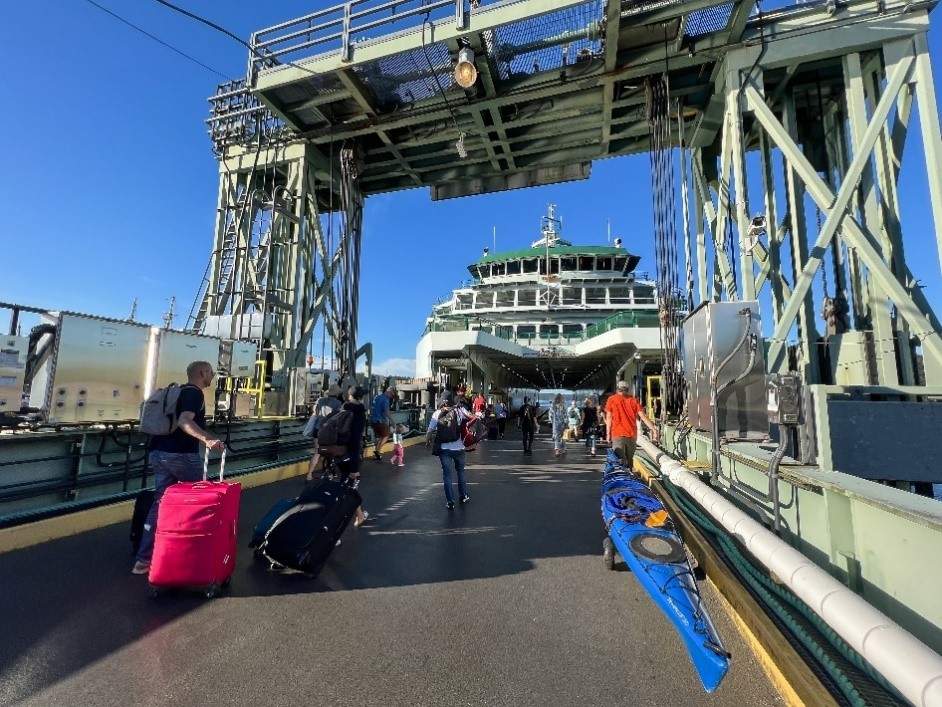
Working together, we’ve fought to make sure this budget prioritizes ferries with $127 million allocated for construction, maintenance, and workforce development – including a focus on increasing the number of deck and engine crew, as well as dispatch staff. This includes a $58 million down payment toward new hybrid-electric ferries and $24 million for maintenance.
Climate action receives $340 million from carbon auctions, funding clean transportation projects like Safe Routes to School and ferry electrification. Notably, 35% of these funds must go to underserved communities and 10% to tribal communities.
Locally, we were able to get a budget proviso to help fund the cost overruns for the Guemes Island Ferry and keep this important project on track. This will be the first all-electric vehicle ferry in the United States.
Addressing the record-high traffic fatalities of 2023, the budget allocates $66 million for traffic management, law enforcement, and infrastructure improvements.
While challenges persist, this budget reflects the state’s commitment to improving transportation infrastructure, promoting clean options, and enhancing road safety.
Next Steps
After we pass these three budgets off the House floor, we have two weeks left to negotiate with the Senate. Throughout the remaining weeks of this legislative session, our budget team will work diligently to reach a compromise and ultimately deliver a final budget that reflects our shared values and strengthens Washington communities.
Remembering the Boldt Decision
Last week, we marked an important milestone in Washington’s history: the 50th anniversary of the Boldt Decision. This landmark ruling, issued five decades ago, wasn’t just a legal victory – it was a resounding affirmation of tribal treaty rights and a powerful step towards justice, respect, and sovereignty within the U.S. Constitution.
As we reflect on this momentous occasion, let us remember the unwavering resilience and determination of courageous leaders like Billy Frank Jr., Ramona Bennett, Bernie Govan, and countless others who championed the rights of their people. The spirit of the Boldt Decision remains a guiding light. Moving forward, let’s commit to building a future where justice, equality, and respect for all are cornerstones of our society.
To learn more about the Boldt Decision’s legacy, click here to watch a video from my seatmate and your Representative, Debra Lekanoff.
In service,

Rep. Alex Ramel
WA State Representative | 40th Legislative District
House Majority Whip
Pronouns: he/him/his
